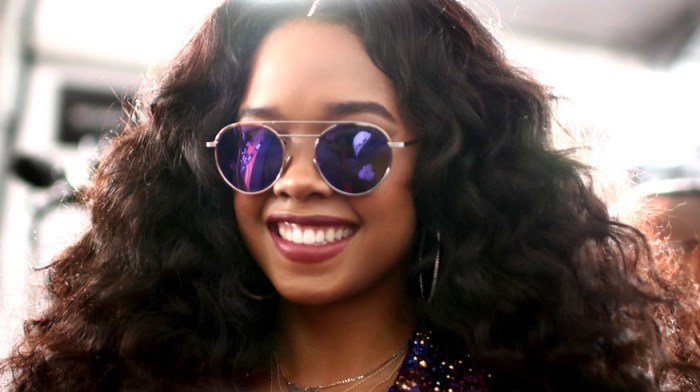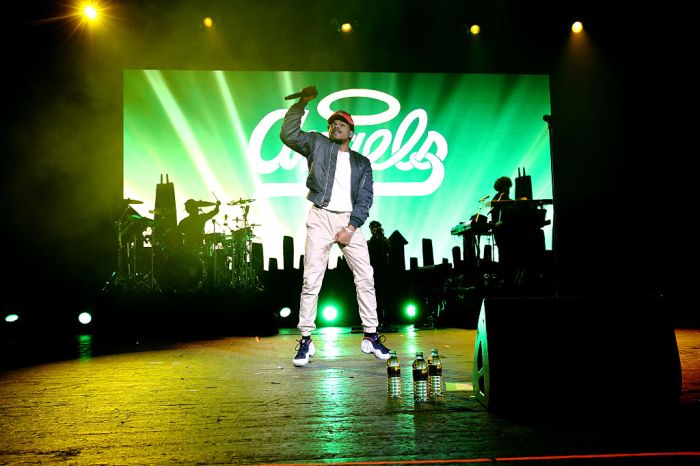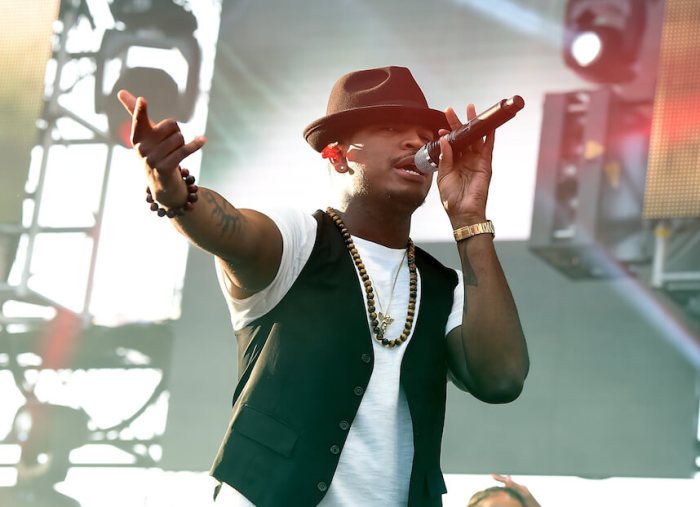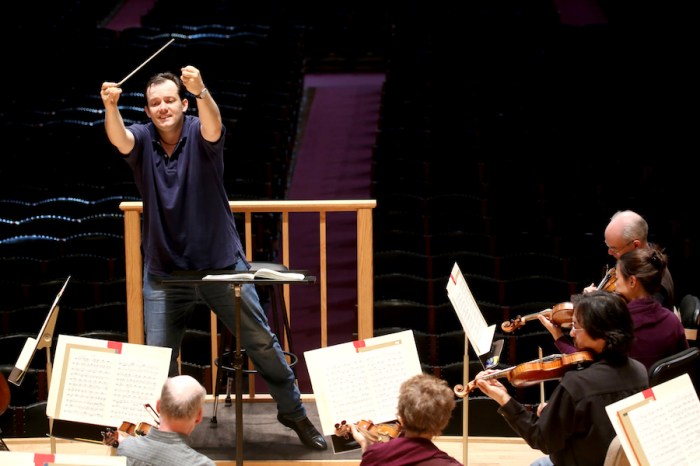On the surface, Steve James looks like any other teenager — he’s got a boyish smile, and he’s a fan of wearing a casual black hoodie no matter the occasion. But don’t let his appearance fool you. At just 18 years old, Steve James has accomplished something that musicians spend their lives working toward: a Grammy nomination for his contribution to the title track off of Justin Bieber’s hit album, “Purpose,” which is currently up for Album of the Year. He calls on a Tuesday evening to talk about his love for dance music and about how his music-making went from the keyboard of a piano to the keyboard of a MacBook.
How do you feel about being one of the youngest Grammy nominees this year?
I think it’s a crazy opportunity. I was also lucky to serve on a committee that voted for one of the categories this year. It feels great to be in the Academy, to be meeting people there and to already have a voice. It’s no secret that dance music — especially the new generation — isn’t always so well-represented in the Academy because there are so many long-standing members who maybe aren’t as up-to-date with what’s current. So [being a Grammy nominee] is a great opportunity to be involved. RELATED: Watch all of Beyonce’s best Grammy performances How did you get into dance music? My background is in classical piano. I started when I was a toddler and played until I was a teenager. Then I found out about dance music through an older brother who was traveling to Miami, coming back and bringing a little bit of culture back with him — a lot of that culture was dance music. I really grabbed onto the energy in it and started learning more about it. What do you mean by Miami culture? My brother was traveling to Miami back in 2012 or 2013. That was when Ultra was really starting to get big — the guys who were playing there were bigger celebrities than they had ever been. I remember mowing the lawn when I was 12 or 13, putting in headphones and listening to hour-long sets from Ultra and getting familiar with that festival culture and the format of those DJ sets. Do you think that dance music is only appealing to a certain, younger demographic? It depends on the kind of dance music. You have your “bangers,” which appeal to the college kids, the frat guys, however you want to define it. But at the same time, I look at a song like “Wake Me Up” by Avicii, which is by all means a dance music song, but it’s also a song even my 50-year-old dad can hear and enjoy. It’s relatable. I do think there are parts of dance music, just like there are parts of hip-hop or country. that are very limited to their core demographic. But when you really start working songwriting, art and concept into it, there are no limitations just because something was made by a DJ or has electronic roots. When you decided to go into production, what were the first few steps in learning the necessary skills? I started with mixing tracks. I took instrumentals and mixed vocals with them. Once I started to figure out that people were using software to produce songs, I did a little bit of investigation. My brother gave me one of his old Macbooks, and I figured out how to torrent Ableton pretty quickly. I started doing a lot of research on the Internet. Anything I wanted to do, like listening to an Avicii song and trying to figure out how to make the lead or snap in “Levels,” you could just learn on YouTube. You watch a 10-minute video and figure out how to make it. Then I figured out what I wanted to do, started constructing my own stuff and pooled it all together piece by piece. Do you think that self-taught process is how everyone gets their start?
Yeah, especially for the bedroom producer. The whole idea is that you’re alone in your bedroom with the Internet and your computer. That’s the best way to do it. It wasn’t really until I got out to L.A. that I met anybody who could actually sit in a room with me and teach me stuff that isn’t really that available on the Internet. It’s very much a trade that gets passed by word of mouth once you get to a certain point. RELATED:Grammy nom Jacob Collier talks Quincy Jones and social media strategy What was it like working with a team of seasoned producers on Justin Bieber’s album? It’s so high-level. It’s incredible to see how Poo Bear, who literally understands how to write great music, puts a song together. Learning the things he knows about what works and what doesn’t is like watching a clinic. It’s like the equivalent of watching the NBA finals — sitting on the couch while they worked on the lyrics. It’s really crazy and fast. The body of the song was done in a couple of hours. There are an endless number of electronic remixes out there — how do you think your musical career gained so much traction? A lot of it boils down to being genuine and connecting directly with people you meet and want to work with you. I wouldn’t have met one my managers had it not been for one of the remixes that I had done. And that got set up from me knowing a blogger who I communicated with directly. Those opportunities came from communicating really directly with people, being genuine about what you’re trying to accomplish and finding ways to work together. We really worked the Soundcloud world and the blog world. It was really about befriending the media and being genuine. A lot of these guys were posting my music before it was good. They liked me, and I think they saw the potential there. It was just a matter of me continuing to get better and make good content.
Justin Bieber’s producer Steve James wants to be the future of dance music
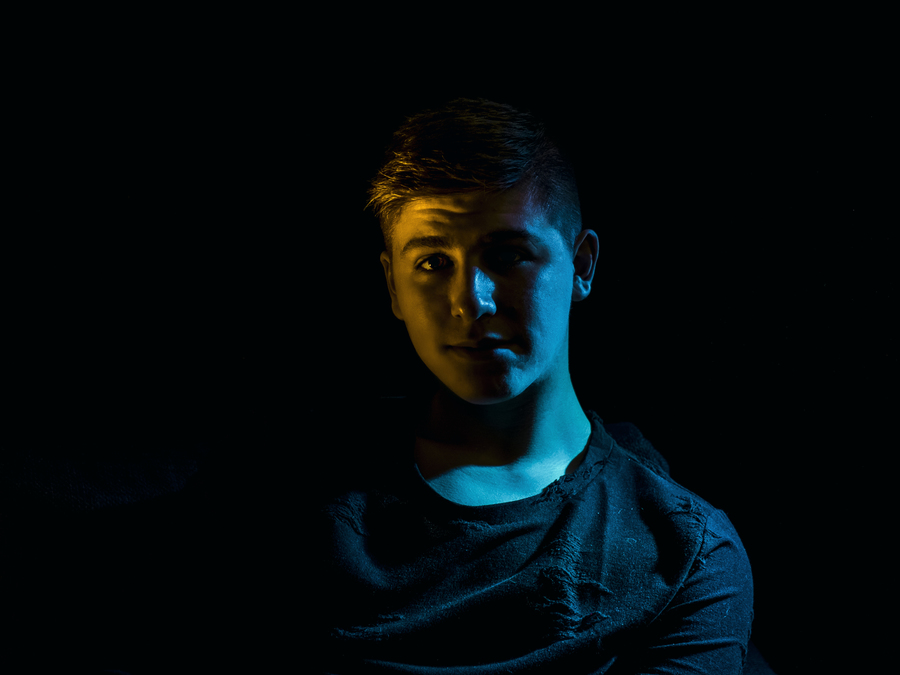
Provided











